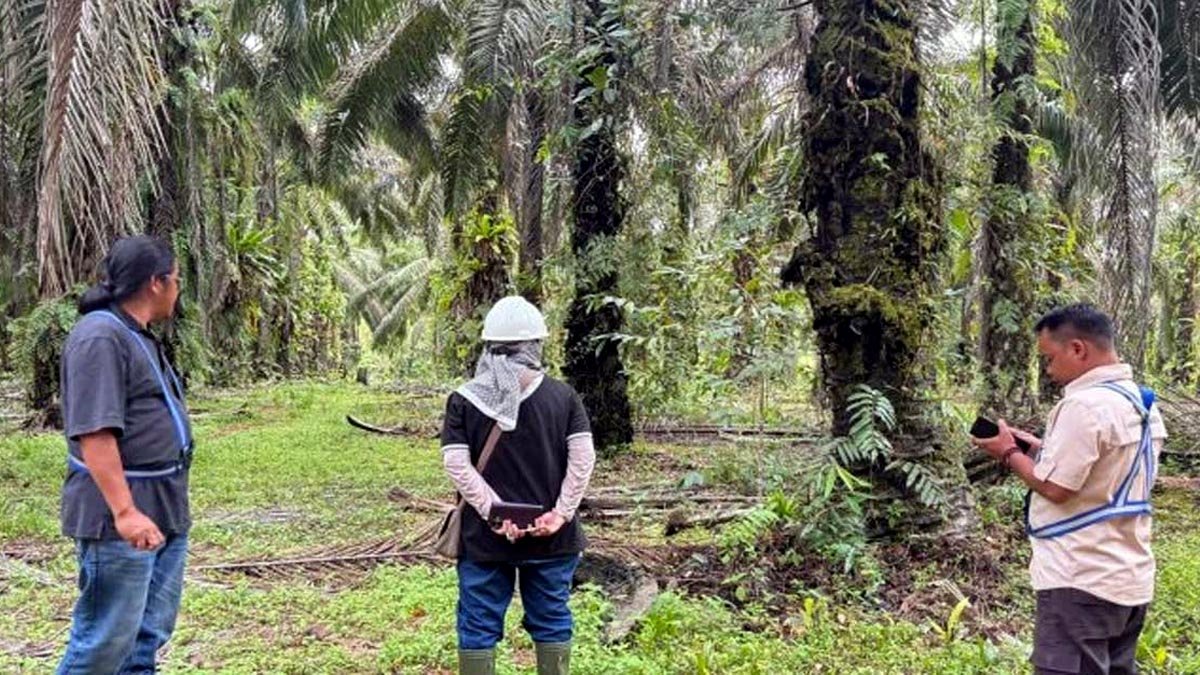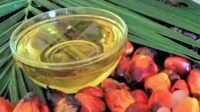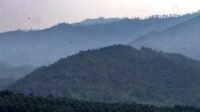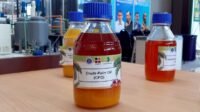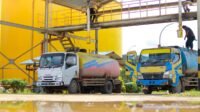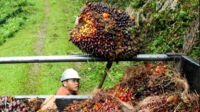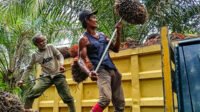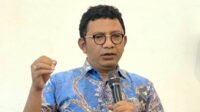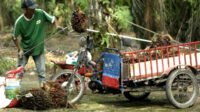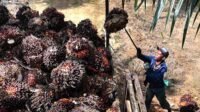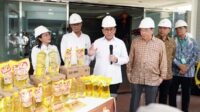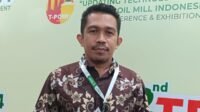PALMOILMAGAZINE, JAKARTA – Indonesia remains the world’s leading palm oil producer, contributing more than 59% of global supply. With plantation areas reaching 16.38 million hectares, the country produces around 45.5 million tons of crude palm oil (CPO) annually. Interestingly, about 41% of this output comes from smallholder farmers, representing nearly 2.5 million growers across the nation.
Despite their significant contribution, independent smallholders continue to face an uphill battle in meeting sustainability standards. Certification schemes such as the Indonesian Sustainable Palm Oil (ISPO) and the Roundtable on Sustainable Palm Oil (RSPO) are widely recognized as gateways to global markets. However, obtaining certification is far from easy for farmers who manage their plantations independently.
According to Fortasbi, as cited by Palmoilmagazine.com on Tuesday (September 2, 2025), certification could provide farmers access to premium markets with better prices. Yet, the high cost of certification remains the biggest obstacle. The process requires substantial initial investment, including audits, training, and farm infrastructure improvements. On top of that, smallholders are required to prepare complete administrative documents such as land ownership certificates, plantation maps, and cultivation registration (STDB).
Unlike large companies that have abundant resources and expert teams, smallholders must navigate complex requirements on their own, ranging from environmental and social aspects to workers’ welfare. Limited technical assistance makes the process even more daunting.
Market Access Still Constrained
Beyond certification costs, limited access to technology and information is another hurdle. Many smallholders continue to rely on middlemen to sell their fresh fruit bunches (FFB), as mills are often located far from their farms and transportation costs are high. This dependence weakens farmers’ bargaining power.
If certified FFB could be sold directly to mills, smallholders would stand a better chance of securing premium prices. Equally important is involving farmers in local price-setting mechanisms so that they can fully benefit from certification efforts.
Stakeholders are urged not to remain passive. Both government bodies and supporting organizations need to step in with technical and financial assistance to help smallholders achieve certification. “Without real support, it is hard to imagine millions of independent palm oil farmers driving Indonesia’s palm oil industry toward more sustainable practices,” Fortasbi emphasized.
With the right breakthroughs, certification should no longer be seen as a burden but as an opportunity. The hope is that more smallholders will gain access to global markets through sustainable palm oil, thereby not only protecting the environment but also improving farmer livelihoods. (P2)
Independent Palm Oil Farmers Face Steep Challenges Toward Sustainable Certification
PALMOILMAGAZINE, JAKARTA – Indonesia remains the world’s leading palm oil producer, contributing more than 59% of global supply. With plantation areas reaching 16.38 million hectares, the country produces around 45.5 million tons of crude palm oil (CPO) annually. Interestingly, about 41% of this output comes from smallholder farmers, representing nearly 2.5 million growers across the nation.
Despite their significant contribution, independent smallholders continue to face an uphill battle in meeting sustainability standards. Certification schemes such as the Indonesian Sustainable Palm Oil (ISPO) and the Roundtable on Sustainable Palm Oil (RSPO) are widely recognized as gateways to global markets. However, obtaining certification is far from easy for farmers who manage their plantations independently.
According to Fortasbi, as cited by Palmoilmagazine.com on Tuesday (September 2, 2025), certification could provide farmers access to premium markets with better prices. Yet, the high cost of certification remains the biggest obstacle. The process requires substantial initial investment, including audits, training, and farm infrastructure improvements. On top of that, smallholders are required to prepare complete administrative documents such as land ownership certificates, plantation maps, and cultivation registration (STDB).
Also Read:
Unlike large companies that have abundant resources and expert teams, smallholders must navigate complex requirements on their own, ranging from environmental and social aspects to workers’ welfare. Limited technical assistance makes the process even more daunting.
Market Access Still Constrained
Beyond certification costs, limited access to technology and information is another hurdle. Many smallholders continue to rely on middlemen to sell their fresh fruit bunches (FFB), as mills are often located far from their farms and transportation costs are high. This dependence weakens farmers’ bargaining power.
If certified FFB could be sold directly to mills, smallholders would stand a better chance of securing premium prices. Equally important is involving farmers in local price-setting mechanisms so that they can fully benefit from certification efforts.
Stakeholders are urged not to remain passive. Both government bodies and supporting organizations need to step in with technical and financial assistance to help smallholders achieve certification. “Without real support, it is hard to imagine millions of independent palm oil farmers driving Indonesia’s palm oil industry toward more sustainable practices,” Fortasbi emphasized.
With the right breakthroughs, certification should no longer be seen as a burden but as an opportunity. The hope is that more smallholders will gain access to global markets through sustainable palm oil, thereby not only protecting the environment but also improving farmer livelihoods. (P2)

